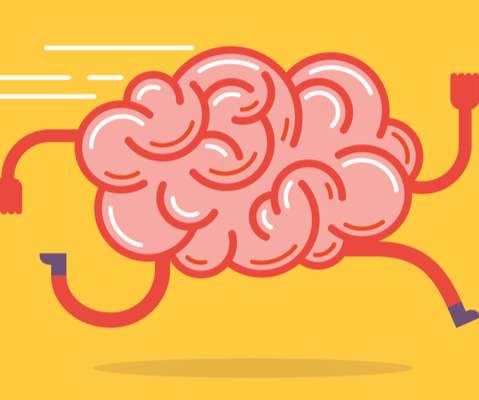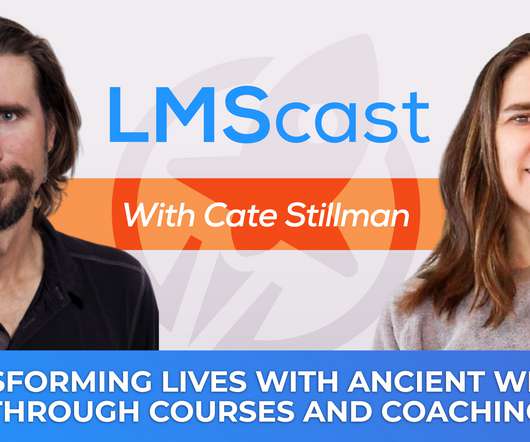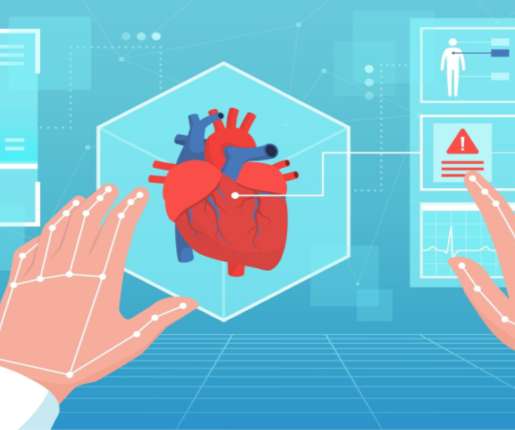4 aspects of the brain revealed by neuroimaging
KnowledgeOne
DECEMBER 7, 2022
Functional Magnetic Resonance Imaging (fMRI) or neuroimaging is a technology that allows live and safe visualization of brain structure and activity. Its advent in the 1990s has led to significant advances in our knowledge of the brain, confirming or refuting certain hypotheses while opening up new avenues of research.



























Let's personalize your content